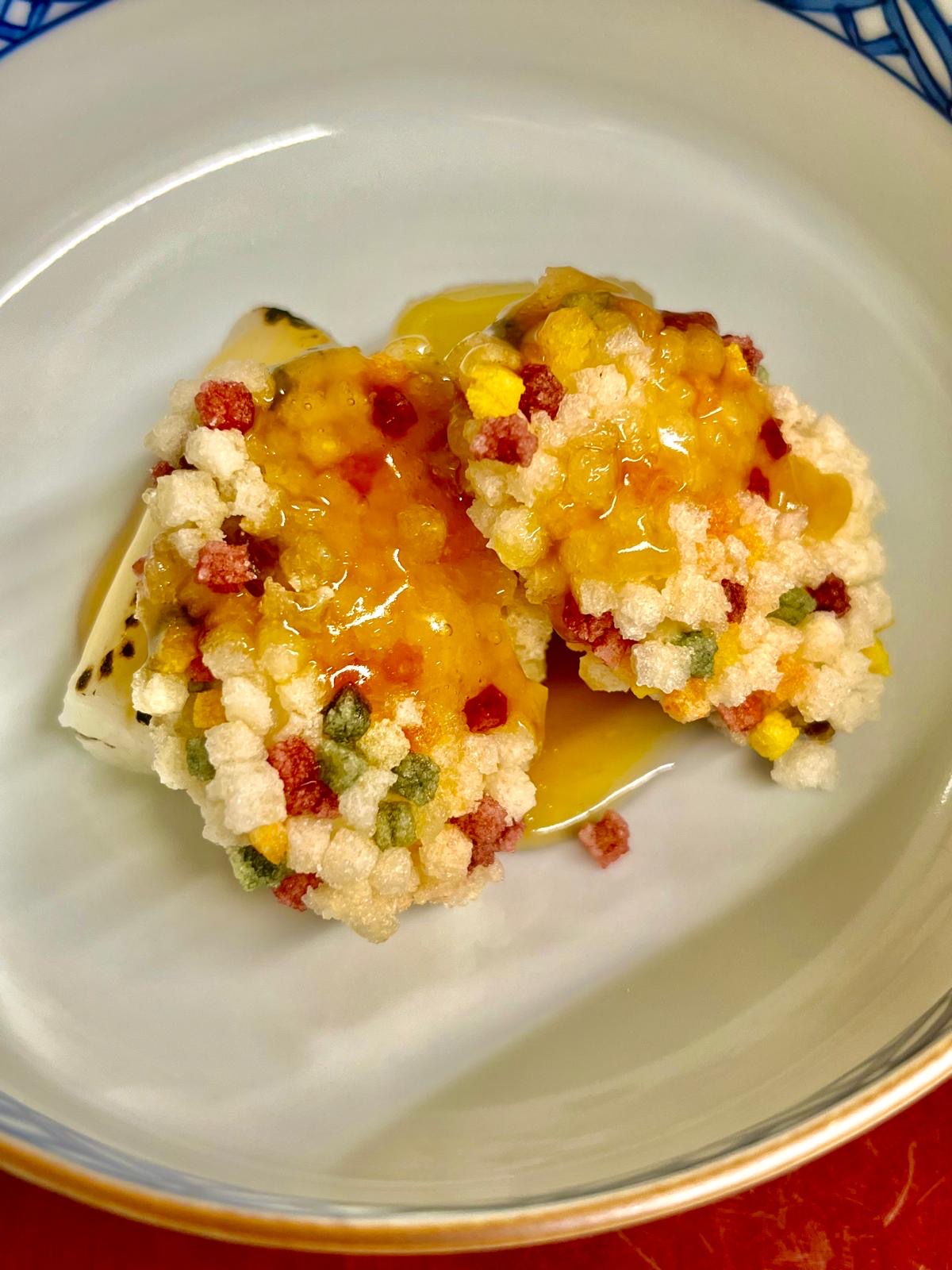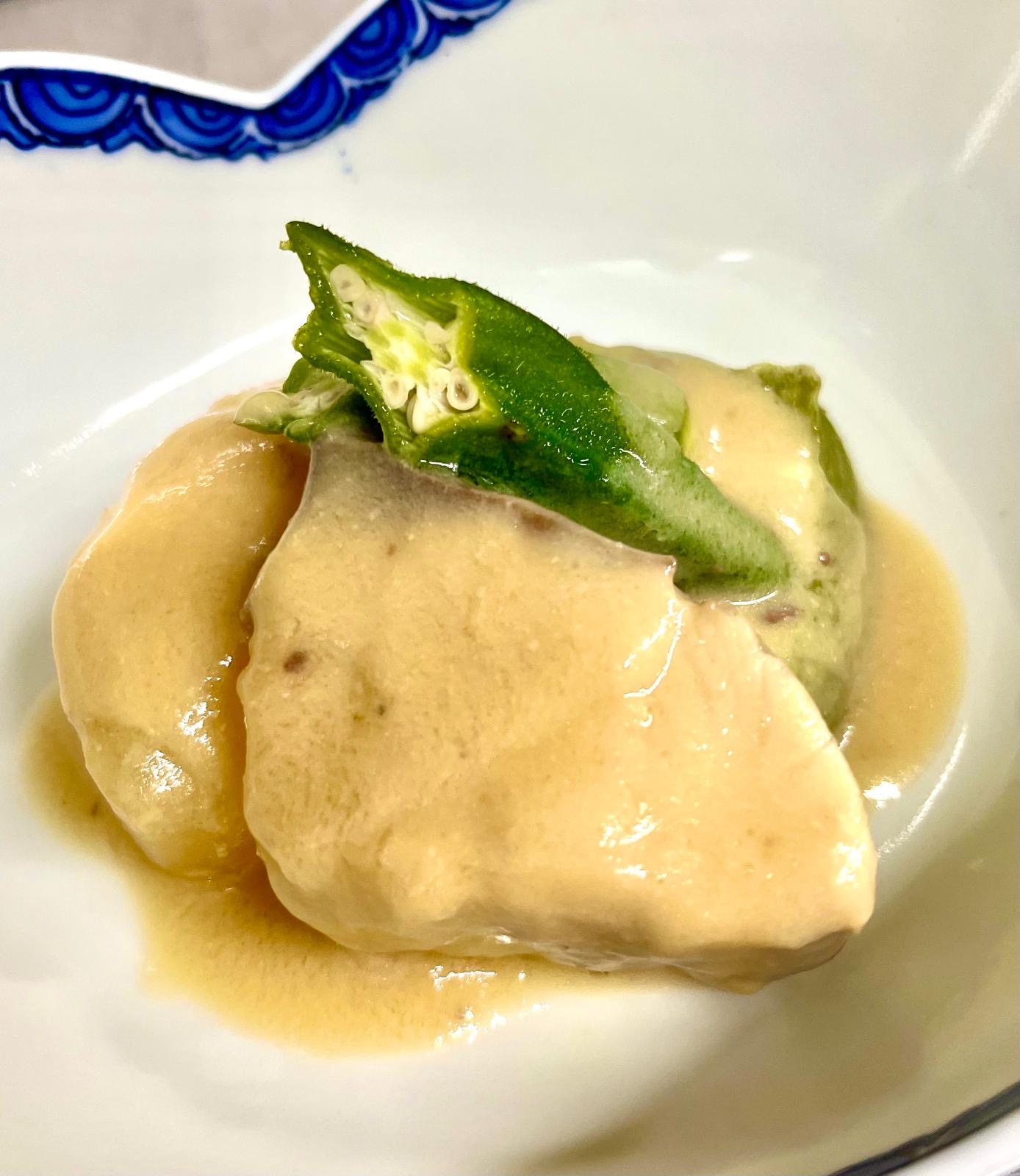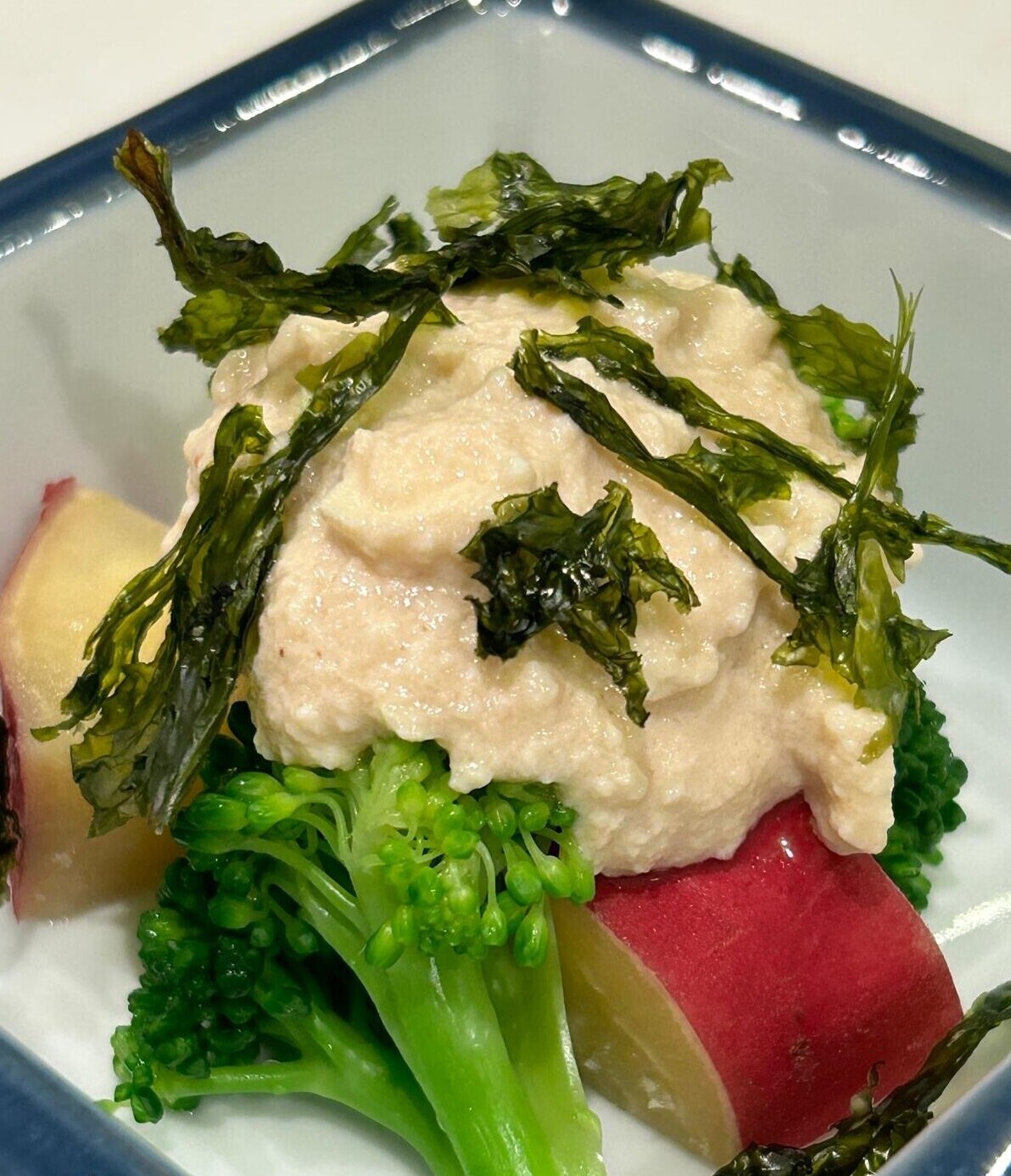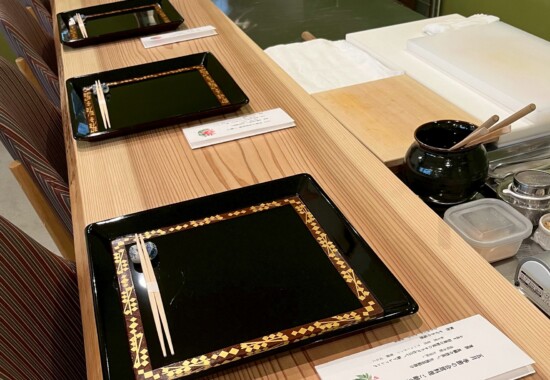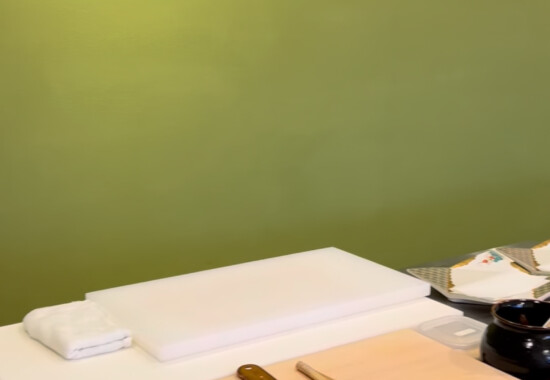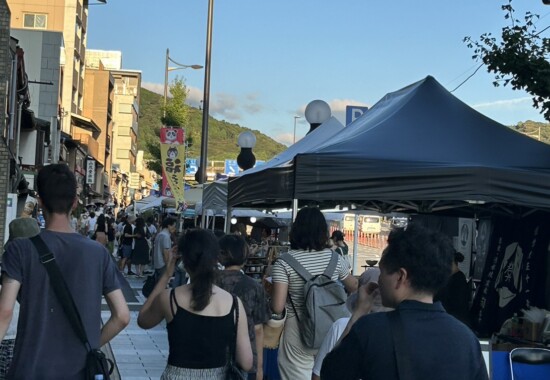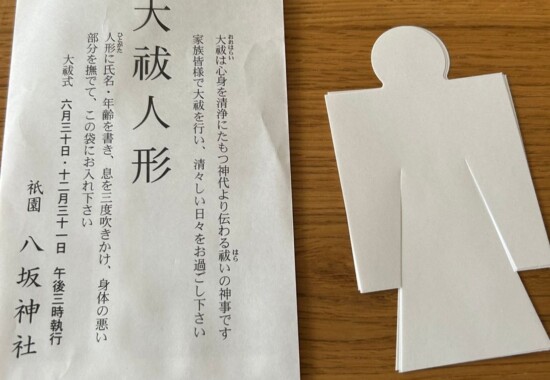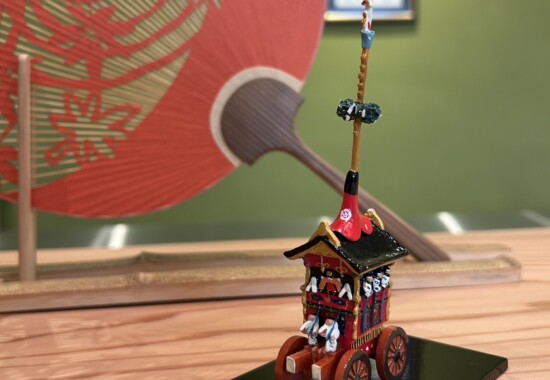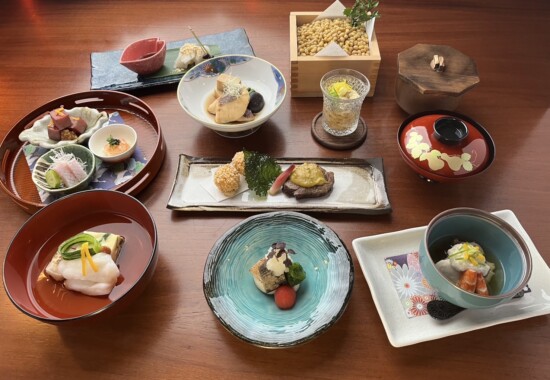Regarding vegetarian and vegan
Have you ever felt unsure about what to eat as a vegetarian or vegan at a typical restaurant in Japan? Japanese cuisine often uses bonito flakes as a base for the broth (dashi), making it difficult to find vegetarian or vegan-friendly options on the menu.
In contrast, countries like India (28%), Taiwan (14%), Germany, the UK, and the US have about 10% of their population living as vegetarians or vegans. In these countries, religious beliefs, health consciousness, and environmental concerns are significant factors. In Japan, too, a 2023 survey found that 5.9% of the population identifies as vegetarian or vegan. While interest in such diets is growing, vegetarians and vegans remain a minority.
In fact, Japan has a long history of largely avoiding meat consumption, lasting for approximately 1,200 years. In ancient Japan, concepts like “kegare” (impurity) and “purification” existed, and eating animals was considered unclean. In 675 AD, Emperor Tenmu issued an edict prohibiting the consumption of animals like cows and horses, a ban that persisted for many centuries. During this time, the common people’s diet focused on vegetables and brown rice, with fish as the primary source of protein.
It was during this period that the development of “Shojin Ryori,” a type of vegetarian cuisine influenced by Buddhism, took place. Shojin Ryori uses no animal products and relies on ingredients like tofu, vegetables, and grains, utilizing cooking techniques to highlight the natural flavors of the ingredients. Initially prepared for monks in temples, it became popular among intellectuals and artists during the Edo period and eventually spread to the general population.
In the mid-Edo period, under Tokugawa Tsunayoshi’s “Edict on Compassion for All Living Things,” the killing and eating of animals were strictly forbidden, although this policy was later repealed. It wasn’t until the Meiji era that meat-eating became more common in Japan, although coastal regions continued to rely on fish as a primary protein source. Widespread meat consumption didn’t begin until around the 1960s, and before that, many Japanese people maintained a vegetable-centric diet.
Today, however, the rise of Western-style diets has led to problems such as excessive fat and calorie intake, while vegetable consumption has decreased. This has resulted in an increase in lifestyle diseases such as hypertension and diabetes, and there is growing concern among women about the risk of breast cancer due to excessive energy intake. As a result, there is a growing awareness that Japanese people should return to their traditional, grain-based diet, which has long been considered important for health.
Our owner has over 32 years of experience working overseas, where he had many opportunities to serve vegetarian and vegan customers. He found great fulfillment in the challenge of recreating the delicate flavors of Japanese cuisine without using meat, fish, or traditional fish-based dashi, and in offering a variety of dishes for customers to enjoy. This experience has inspired many ideas that we now incorporate into our daily cooking.
Recently, for the first time since opening, we had the pleasure of preparing a special multi-course meal that did not use any meat or alcohol, as requested by a customer. In situations where alcohol is not permitted, ingredients such as cooking sake and mirin, which are fundamental to Japanese cooking, cannot be used. However, our extensive overseas experience proved invaluable in crafting a delicious menu. What’s more, even the guests without dietary restrictions were thoroughly satisfied.
One of our restaurant’s strengths is our ability to cater not only to vegetarians and vegans but also to customers with gluten-free or religious dietary restrictions. All of our dishes are prepared with the same care and attention as our regular menu, starting several days in advance. If you have specific requests, we kindly ask that you contact us as early as possible, preferably at least two days in advance.
We are dedicated to providing you with beautiful and delicious Japanese cuisine that you can enjoy with peace of mind.


